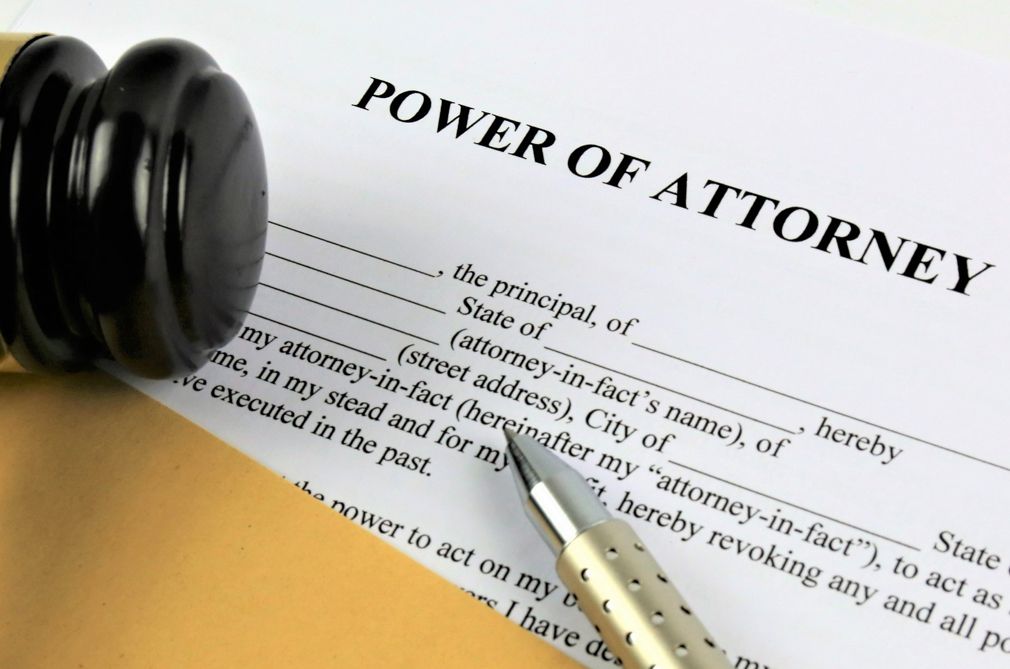How can a Power of Attorney Preserve Your Family?
Feelings of helplessness can swiftly lead to a family fight. Some people may feel abandoned or disrespected after giving their brother or sister power of attorney as if deemed unreliable.
Your sibling could not yet be able to act on your family's behalf based on how a power of attorney was written, or that power may have been revoked if your parent is currently incapable. Normally, a power of attorney can be withdrawn whenever the principal desires, and it expires immediately upon the principal's death or legal incapacitation.
What do you Understand by a Power of Attorney?
A power of attorney is a legal instrument that permits someone or a company to carry out particular actions on another person's behalf. The "principal," the one signing a power of attorney, may appoint a close friend, family member, coworker, business partner, financial firm, or any other dependable third party as his representative or attorney-in-fact.
Administering a power of attorney may be done to handle business transactions, legal problems, or medical decisions. If a sibling asserts that he has a power of attorney to restrict parental access, he should let the other relatives see the paperwork.
After a Power of Attorney is issued, the family is in charge of the loved one's care instead of an institution. The majority of families are well-intentioned. Nevertheless, when meaningful choices, like choosing a power of attorney, need to be undertaken, even deep friendships and love partnerships can become compromised.
The agent is not permitted to limit access to a parent under a typical power of attorney. Generally, it permits the agent to conduct financial transactions, manage public assistance, file tax returns, acquire and sell real estate, and settle legal disputes.
A restricted power of attorney specifies the precise acts or decisions that the agent is authorized to take. For instance, a senior parent may grant a kid limited authority, such as the ability to pay bills from a specific bank account, or may allow the child to handle all legal and fiscal matters on their behalf. In such cases, it is best to take advice from the best guardianship law firm in Phoenix.
Financial Protection
In nearly every family with several children, sibling rivalry varies. Family structures must change due to the decision to become parent's caretakers, leaving behind the previous difficulties. Siblings need to understand that even though they have the same family, their interactions with them are all different. Understand that providing for an aging parent must evolve into a team effort, irrespective of who holds an empowered legal document, to avoid the old family feud game.
Avoiding Potential Family Fights
Sibling disputes are frequently sparked by inheritance, and conflicts can develop whether the principal is still living or has died away. A serious issue may arise when siblings charge the POA with financial mismanagement, particularly after the parent has deceased and they notice they are obtaining a smaller legacy than anticipated. To demonstrate whether a POA has acted lawfully in handling the principal's affairs, this financial dispute could soon become contentious and end up in court. A power of attorney lawyer in Phoenix can help you in such situations.
Conclusion
Early discussion of personal ideals with close family members is essential. Personal requests should also be recorded in traditional instruments such as powers of attorney, authorizations, and wills. Attorneys concur that settling sibling conflicts and promoting trust among family and friends can help avert disputes over monetary and medical decisions and costly legal disputes and promote caring teamwork. Contact us to learn more about the best Power of Attorney law experts.






